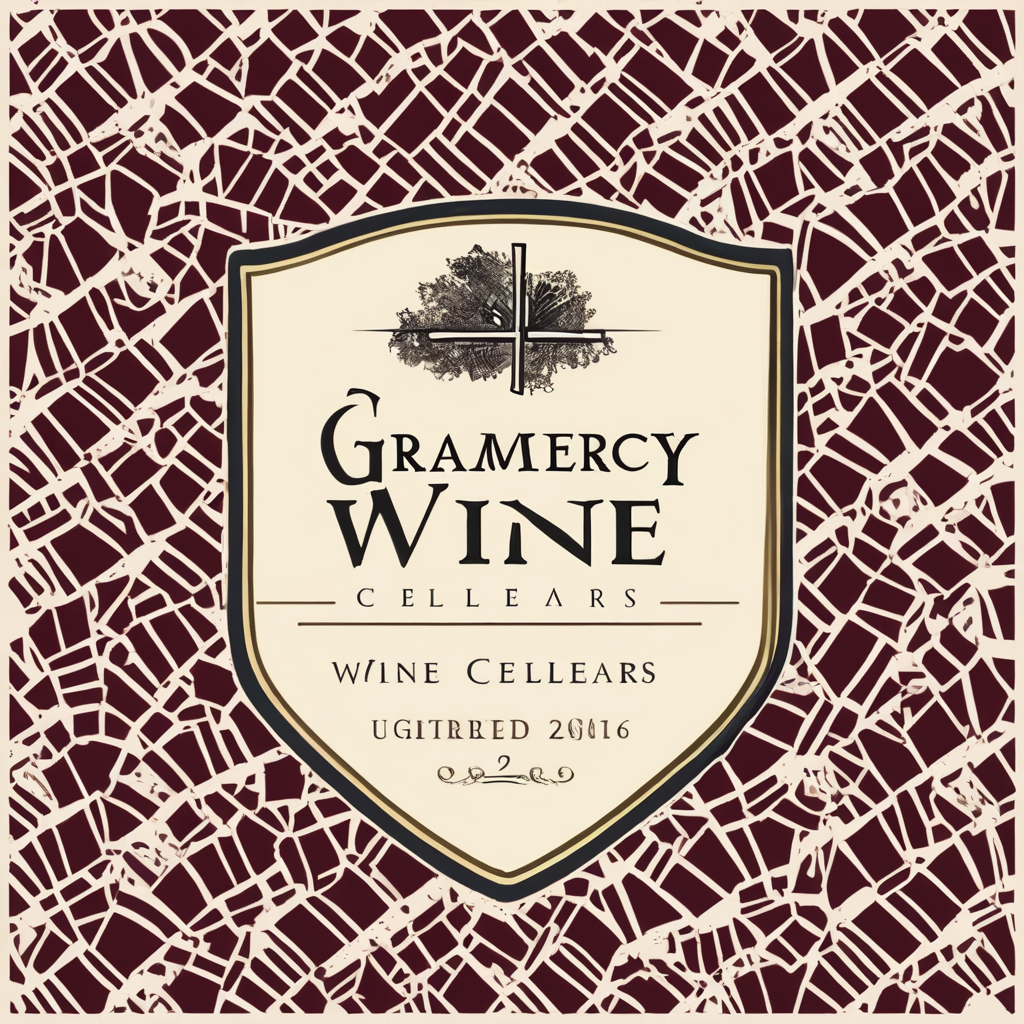When it comes to renovating your kitchen or bathroom, you want the design to be both appealing and environmentally friendly. The focal point of any kitchen or bathroom is often the countertop, and the material chosen can significantly impact both the aesthetic and sustainability of the room. In recent years, the push towards eco-friendly living has sparked innovations in non-toxic, sustainable countertop materials. From recycled glass to sustainable wood, these materials offer an array of options for your kitchen or bathroom design.
Quartz: A Greener Alternative
Quartz was once deemed a luxury material for countertops, which was not only eye-catching but also incredibly durable. However, with advancements in technology and manufacturing processes, quartz is now a highly sustainable and non-toxic option for countertops.
Also read : How do culinary professionals recommend organizing kitchen tools for maximum efficiency?
Quartz countertops are engineered from natural quartz, one of the hardest minerals on earth, and a small percentage of resin. Unlike granite, which requires mining and extensive energy to extract, quartz is abundant and its extraction has a lower environmental impact. The manufacturing process also ensures a non-toxic, low VOC (Volatile Organic Compounds) product, which contributes to healthier indoor air quality.
Moreover, quartz counters offer a consistent, sleek design aesthetic, available in a vast array of colors and patterns. The material’s high durability means it is resistant to stains, scratches, and heat, making it an ideal choice for both kitchen and bathroom countertops.
Also read : What are the key factors in selecting a durable and safe floor material for a family kitchen?
Recycled Glass: Turning Waste into Beauty
Recycled glass countertops offer a unique, modern aesthetic while also being environmentally friendly. These countertops are made from post-consumer glass products such as bottles, windows, and dinnerware. The glass fragments are combined with a resin or cement binder to create a solid surface.
Recycled glass counters are an excellent green alternative, reducing landfill waste and requiring less energy to manufacture than traditional stone countertops. They are available in a variety of colors and designs, from subtle to bold, allowing you to match any interior design style.
Moreover, they are highly durable, resistant to heat, and non-porous, meaning they won’t absorb liquids and stain easily. Recycled glass counters also have the advantage of not emitting harmful substances, which is a common concern with some countertop materials.
Sustainable Wood: Embracing Natural Beauty
Wooden countertops have seen a resurgence in popularity due to their natural beauty and warmth. While wood can sometimes be seen as a less eco-friendly option due to deforestation, sustainable wood counters are now more accessible than ever.
Sustainable wood countertops are made from reclaimed or salvaged wood, helping to reduce the demand for newly cut timber. Types of wood used can range from exotic hardwoods to local species, each bringing their unique grain patterns and colors.
Wood brings a warm, organic aesthetic to any kitchen or bathroom design. It is particularly suitable for kitchen islands, where it can double as a chopping board. With appropriate sealing, wood counters are also highly durable and can withstand the demands of daily kitchen use.
Stainless Steel: A Timeless Classic
Stainless steel countertops might bring to mind a professional kitchen setting, but they can also bring a sleek, modern aesthetic to your home kitchen or bathroom. Stainless steel is 100% recyclable and is often made from a significant percentage of recycled materials, making it a good eco-friendly choice.
Stainless steel counters are incredibly durable, resistant to heat, and non-porous, making them hygienic as they don’t harbor bacteria. Another benefit is their reflective surface, which can help to brighten up the space.
Solid Surface Materials: A Versatile Option
Solid surface materials, such as Corian, are made from a blend of natural minerals and acrylic resins. They are a non-porous, stain-resistant option for countertops, and their seamless construction allows for integrated sinks and backsplashes.
These materials are also environmentally friendly as they are durable and long-lasting, reducing the need for replacement. Furthermore, many manufacturers are now using recycled materials in their products and have implemented processes to minimize waste during manufacturing.
The choice of countertop can significantly influence the look and feel of your kitchen or bathroom. With these innovative, non-toxic countertop materials, you can create an appealing design without compromising on sustainability.
Recycled Paper: The Unexpected Contender
In the landscape of innovations in non-toxic kitchen countertops, one unexpected material making waves is recycled paper. Yes, that’s right, recycled paper. Pioneering manufacturers are now creating countertops from post-consumer recycled paper and proprietary non-petroleum resin. This unusual combination results in a countertop surface that is both durable and eco-friendly.
Recycled paper countertops are remarkably resilient, capable of withstanding the daily wear and tear of a busy kitchen. They are heat, stain, and scratch-resistant, making them a practical choice for any household. These countertops are also food safe and easy to clean with mild soap and water, adding to their appeal.
What makes this material particularly interesting is that it diverts waste paper from landfills, thus reducing our environmental footprint. It is estimated that for every square foot of countertop, up to 36,000 sheets of paper are saved from landfills. Companies like PaperStone and Richlite are leading the charge in this sector, creating countertops in a multitude of colors to match any kitchen design.
Moreover, these countertops are fabricated with low-emitting materials that do not off-gas volatile organic compounds (VOCs), making them a healthy choice for your home. For the eco-conscious homeowner, recycled paper countertops can certainly be a unique, green building solution for your kitchen or bathroom spaces.
Soapstone Countertops: The Natural Non-Toxic Choice
Another non-toxic, environmentally-friendly countertop option that is gaining popularity is soapstone. This natural stone is a metamorphic rock that primarily consists of the mineral talc, along with other minerals that give it its strength and durability. As it’s composed entirely of natural elements, soapstone is non-toxic, making it a safe choice for your kitchen countertops.
One characteristic that makes soapstone a desirable choice is its inherent ability to withstand extreme temperatures. This attribute allows you to place hot pots directly on the countertop without causing any damage. The material’s high density also makes it resistant to stains and bacteria, which is a valuable feature for kitchen counters.
The aesthetic appeal of soapstone countertops cannot be overstated. The stone comes in various shades, from light gray to rich blacks, often with subtle veining. Over time, the stone will darken, giving your countertop a unique, worn-in look. The natural, earthy look of soapstone countertops can add warmth and style to any kitchen design.
Despite its many advantages, soapstone is one of the most sustainable choices for countertops. It requires fewer resources to extract and process than other stones, minimizing its environmental impact. Moreover, when a soapstone counter reaches the end of its life, it can be recycled or repurposed, contributing to the circular economy.
Conclusion
In the quest for creating a sustainable, eco-friendly home, the choice of countertop can play a significant role. With the latest innovations in non-toxic kitchen countertops, homeowners now have an array of environmentally-friendly countertop options, each offering its unique blend of aesthetic appeal, durability, and green credentials.
Whether you’re drawn to the warm, organic aesthetic of sustainable wood, the sleek, modern appeal of recycled glass or stainless steel, the unexpected innovation of recycled paper, or the natural beauty and warmth of soapstone, there’s a countertop material to suit your kitchen design and eco-conscious sensibilities.
Remember, every choice we make impacts our environment. Choosing a sustainable, non-toxic countertop is an established, responsible step towards reducing our environmental impact and creating healthier homes. With these countertop materials, we have the opportunity to create beautiful, functional spaces without compromising on our commitment to a sustainable future.






